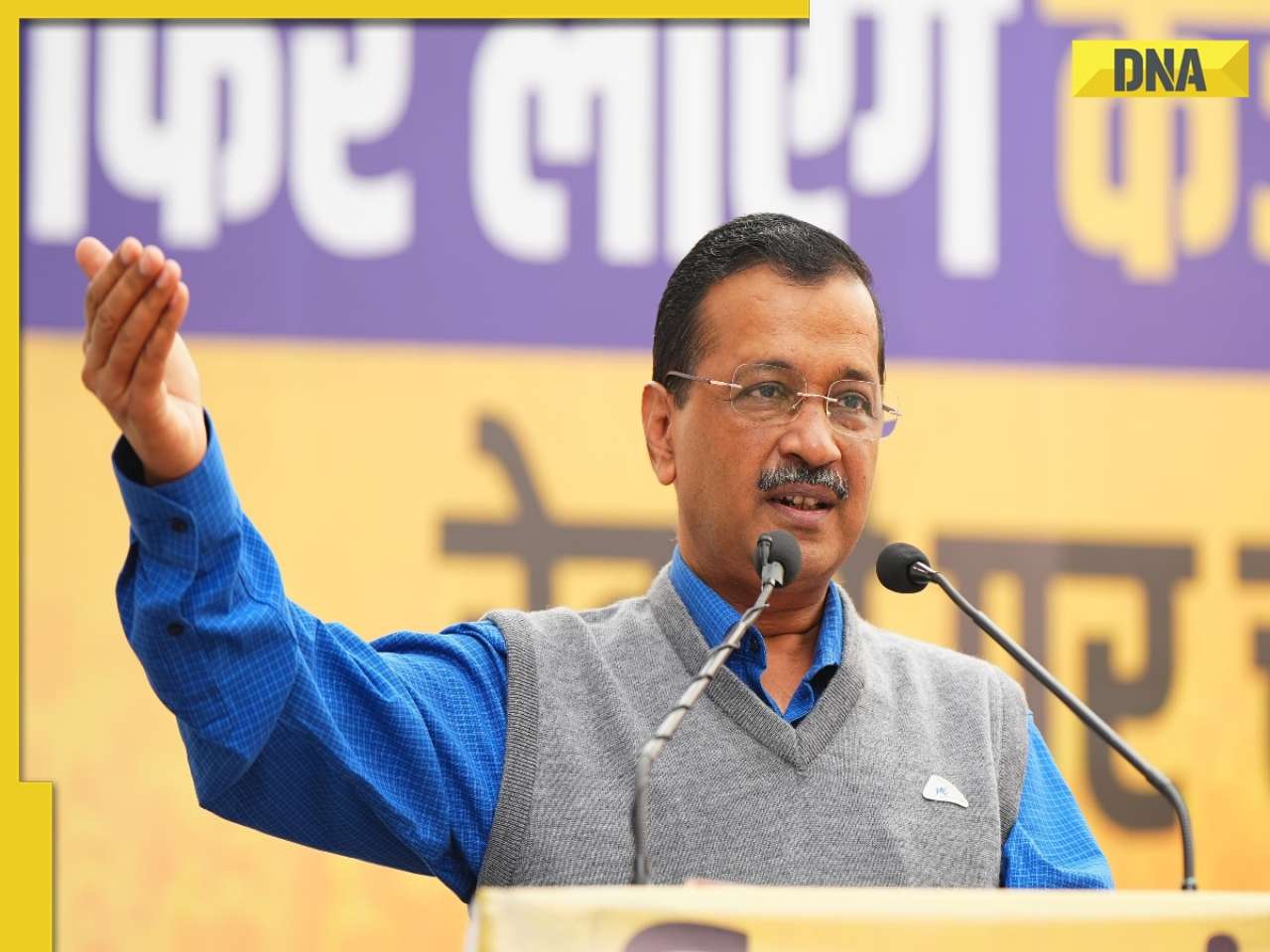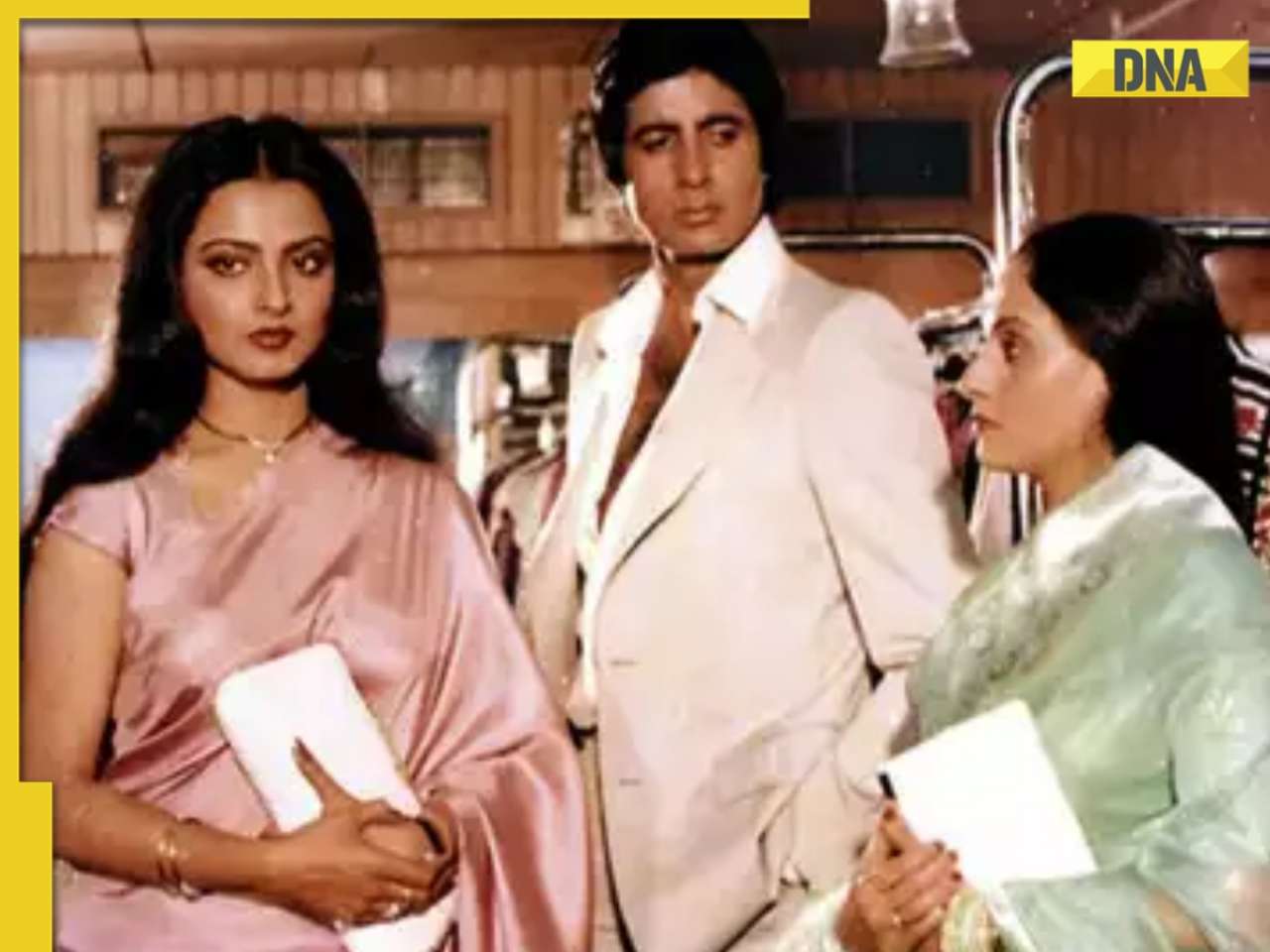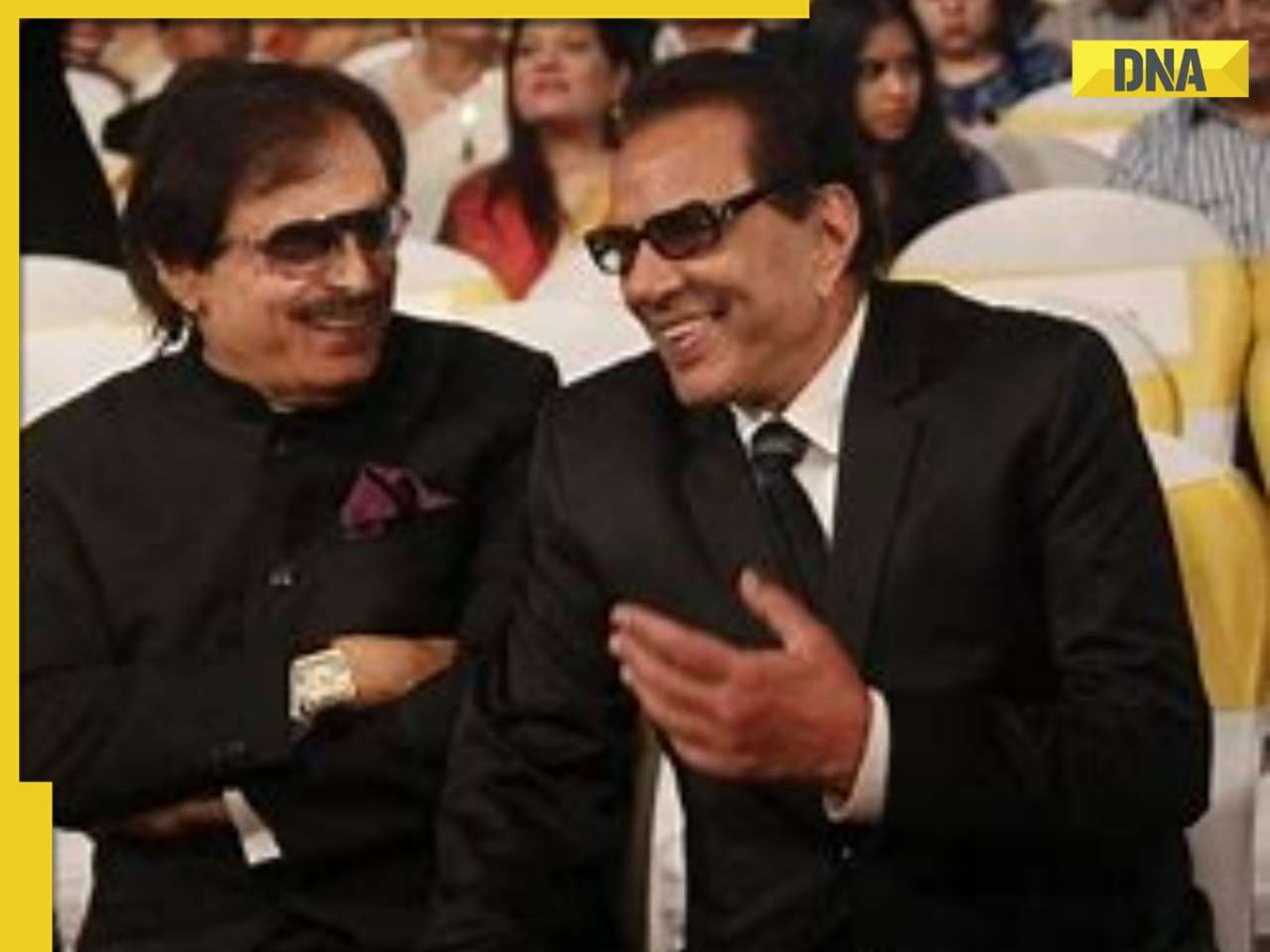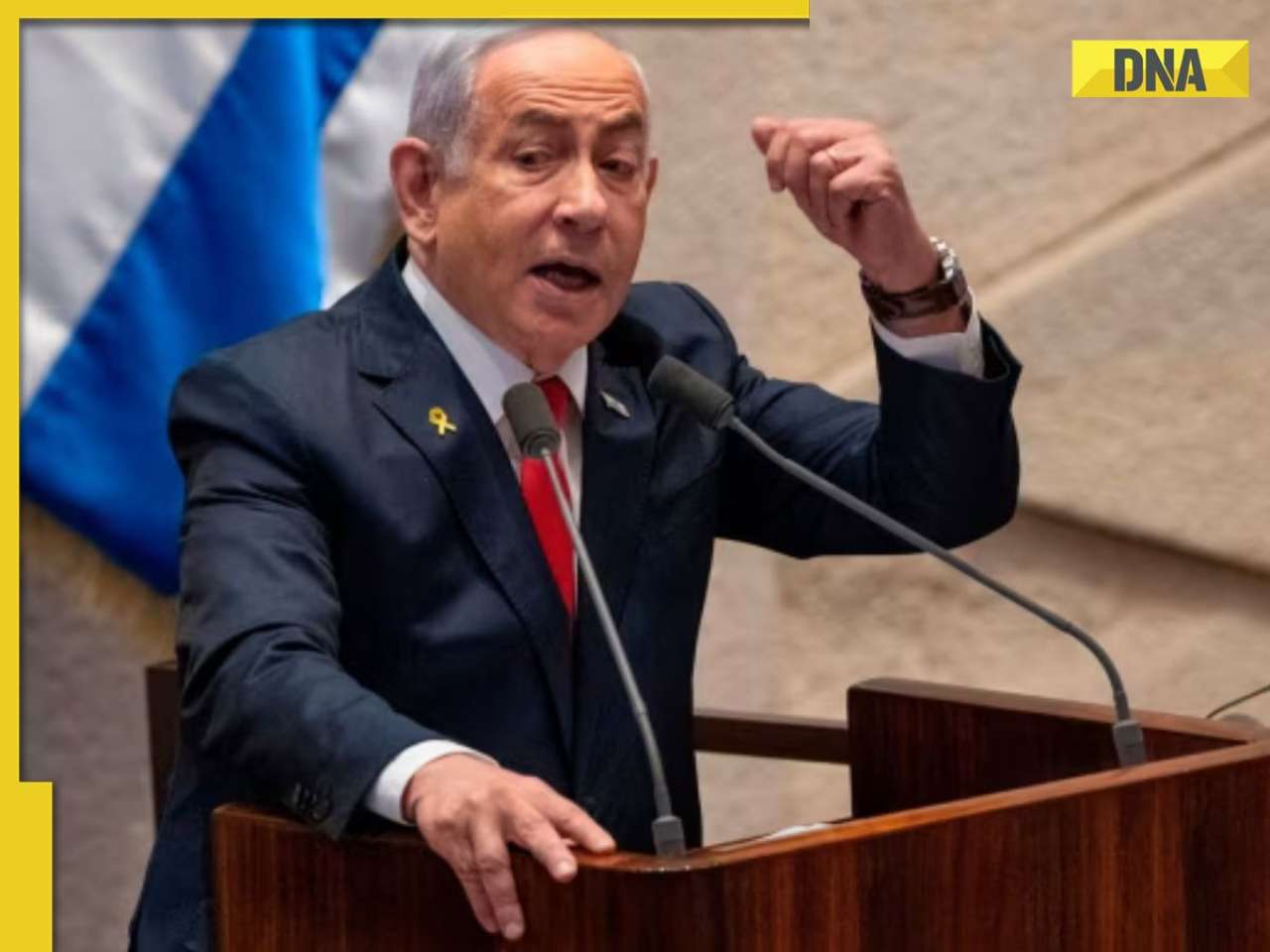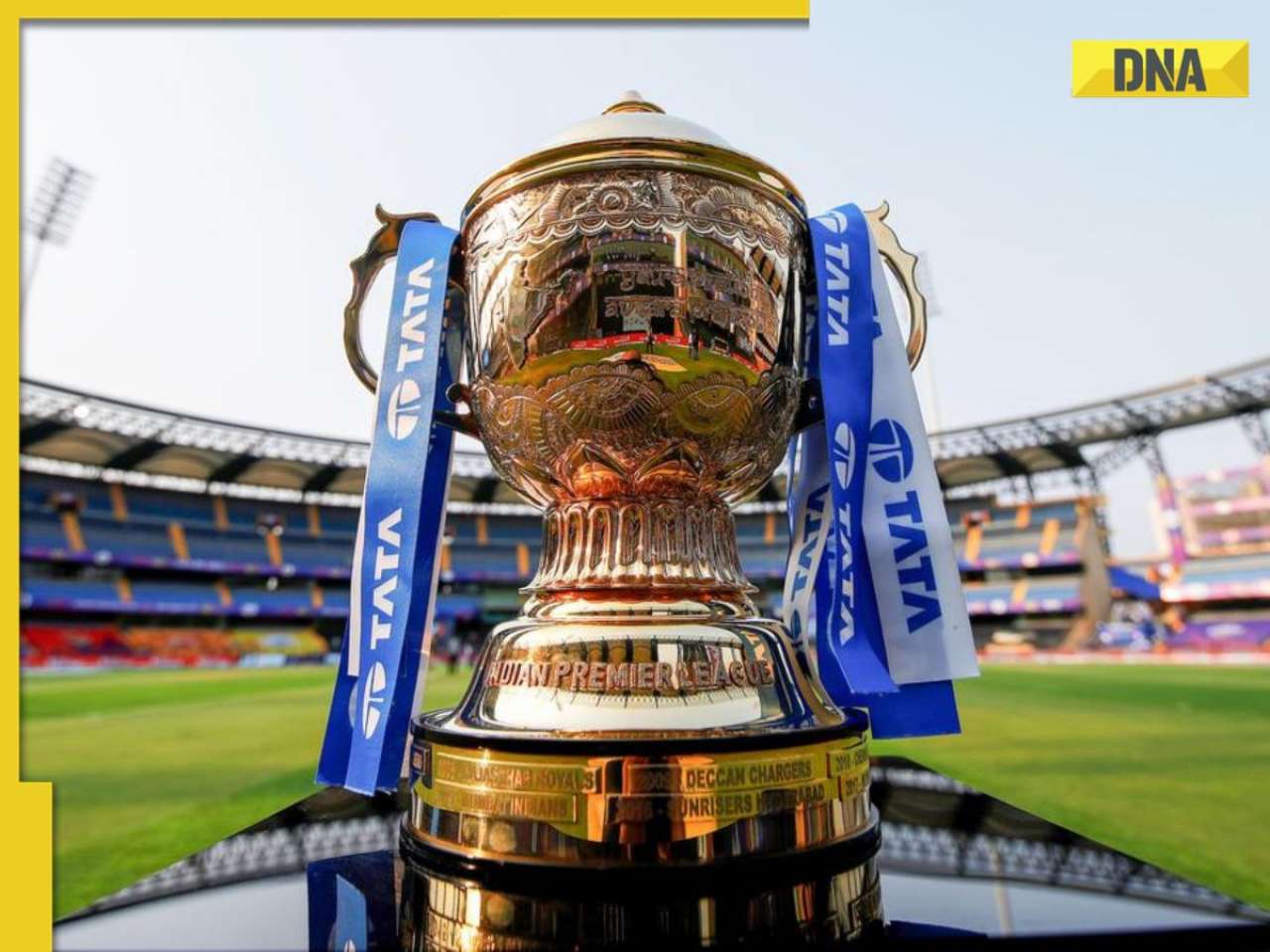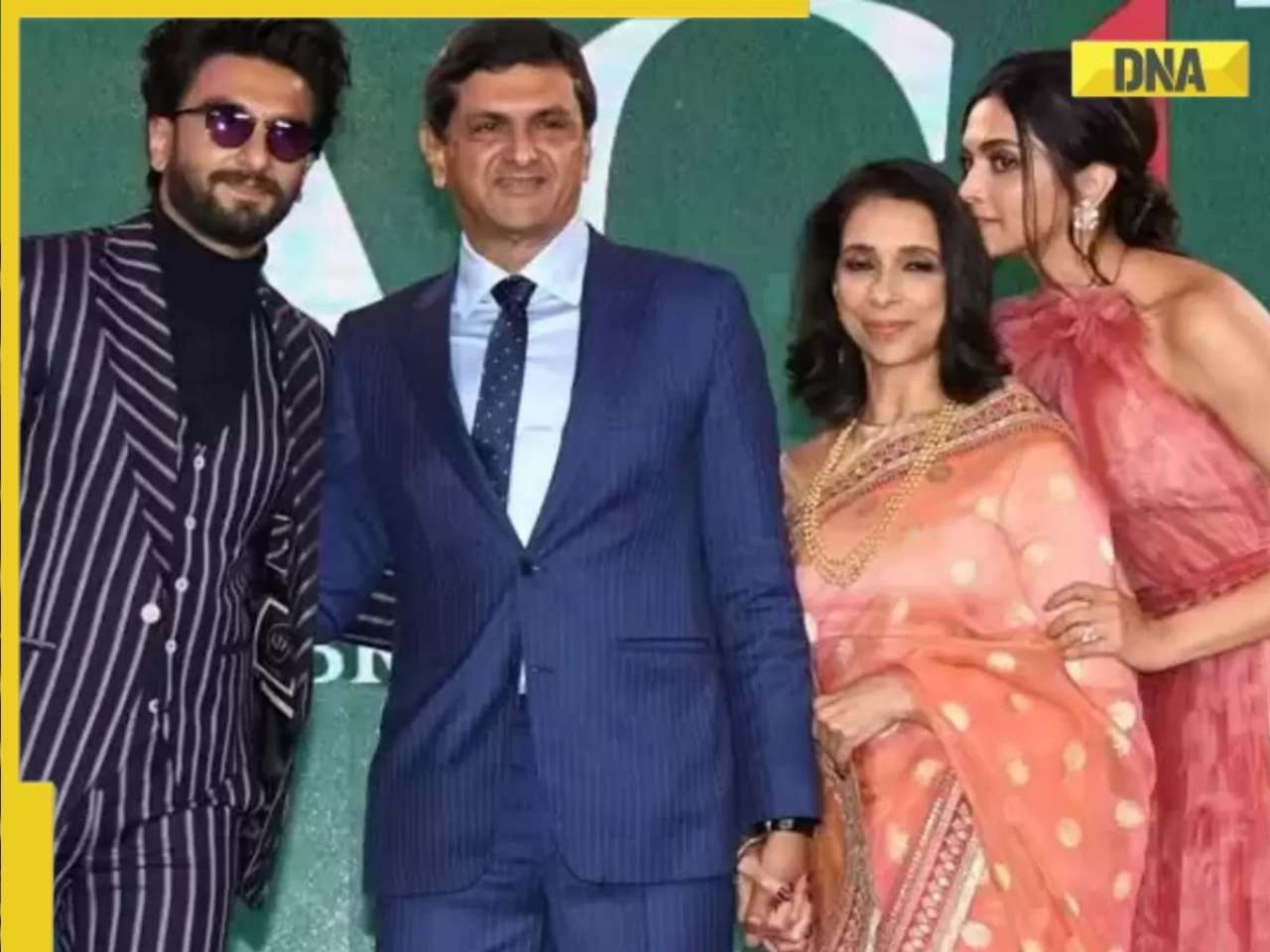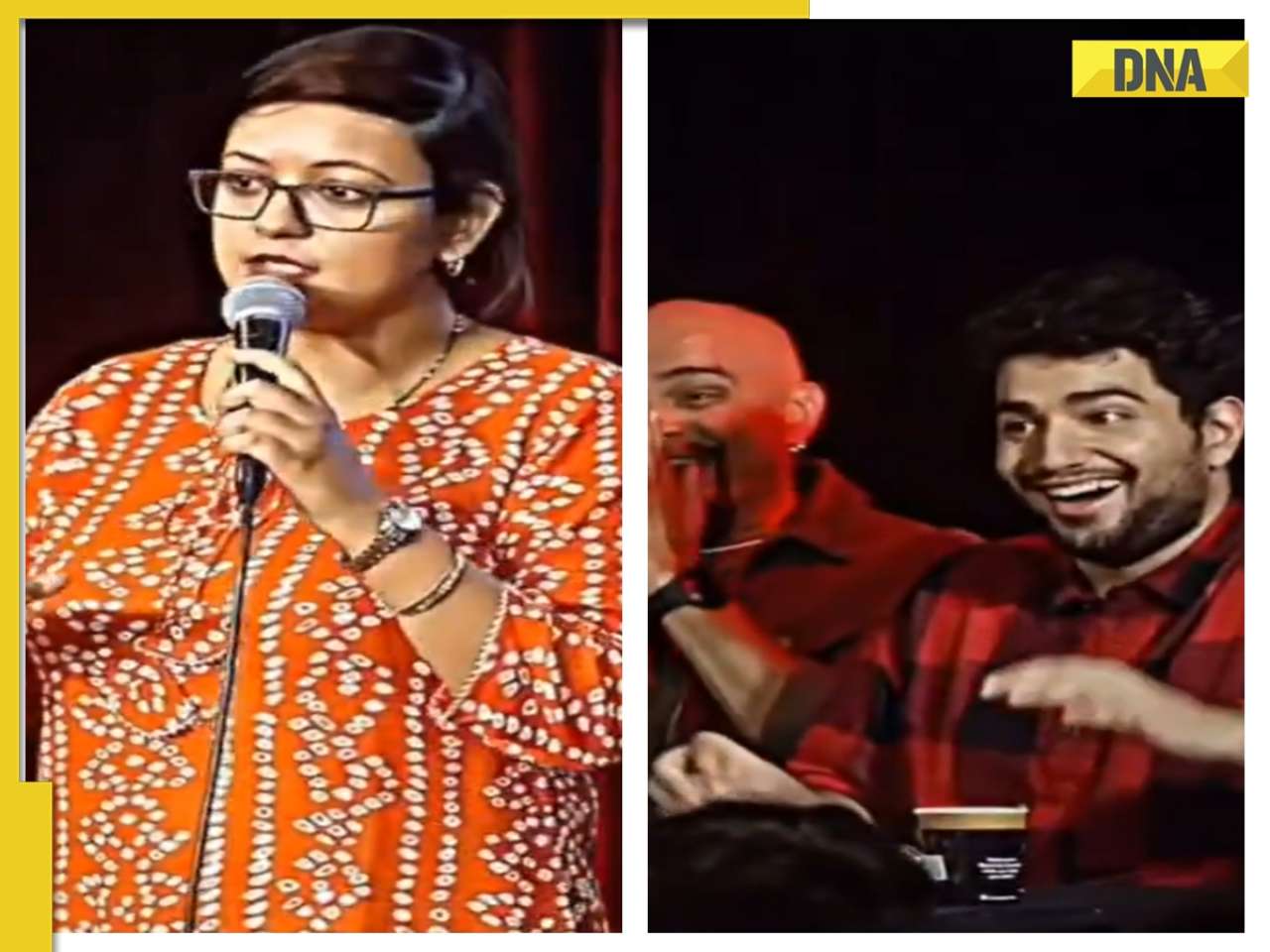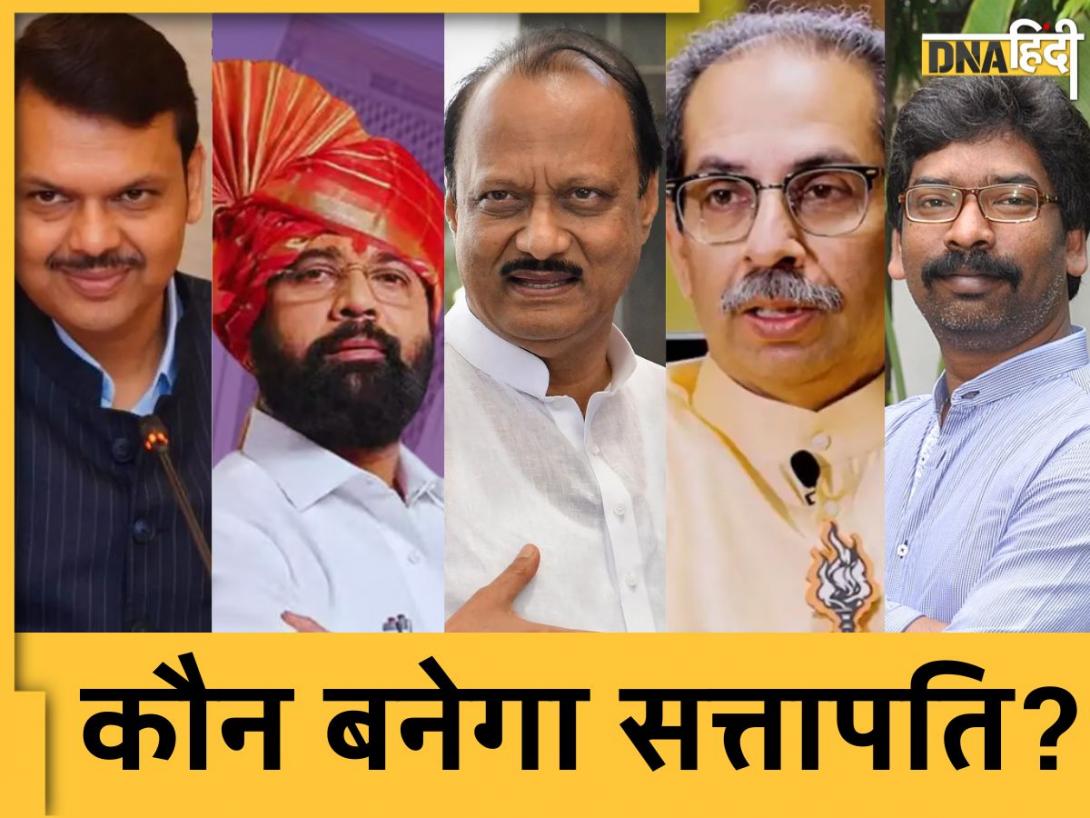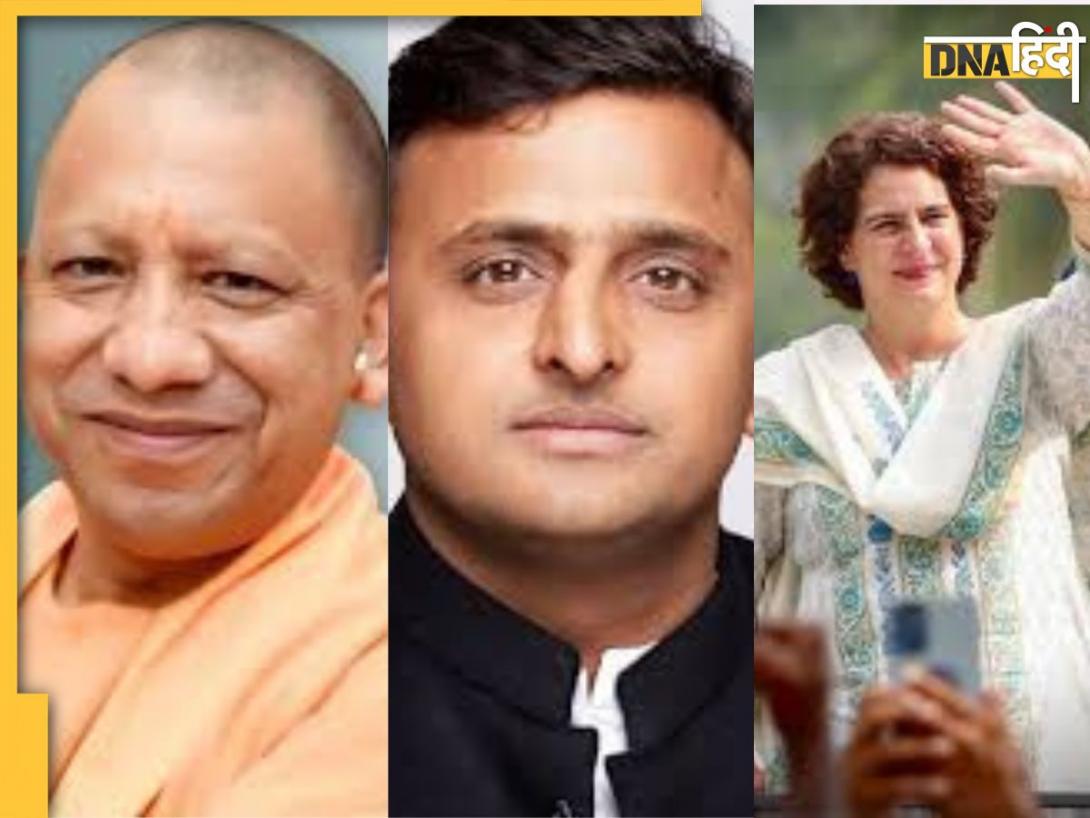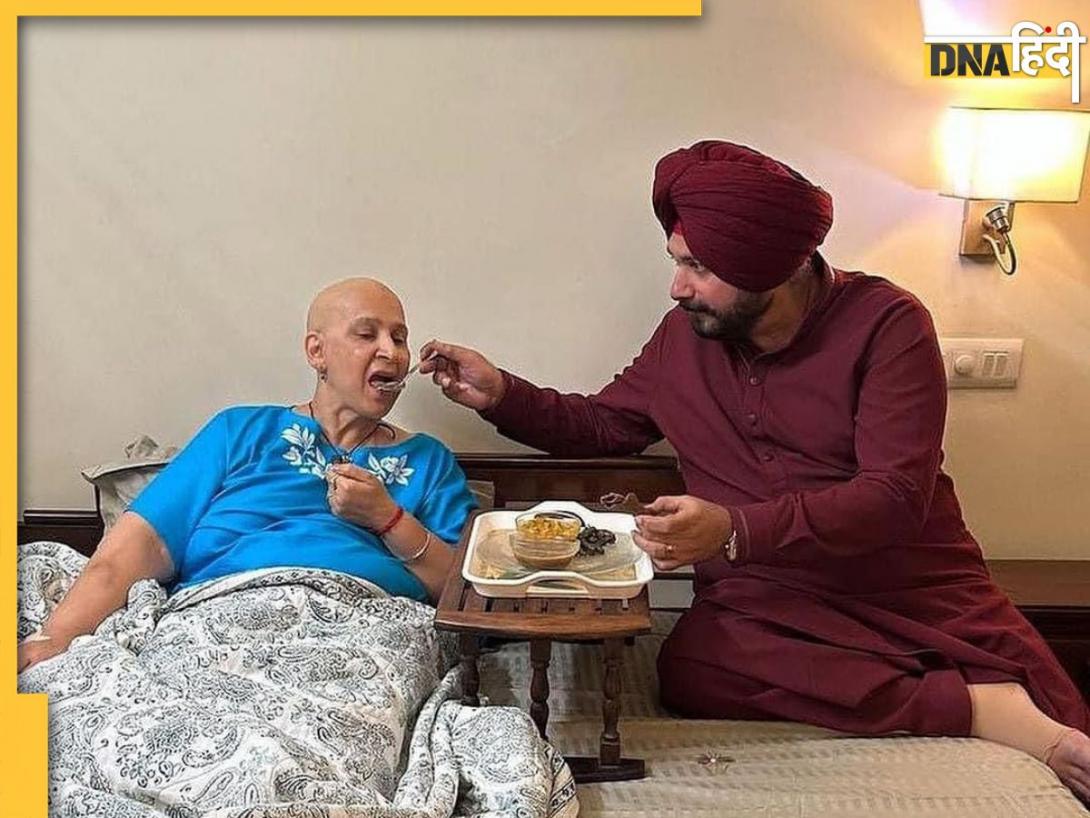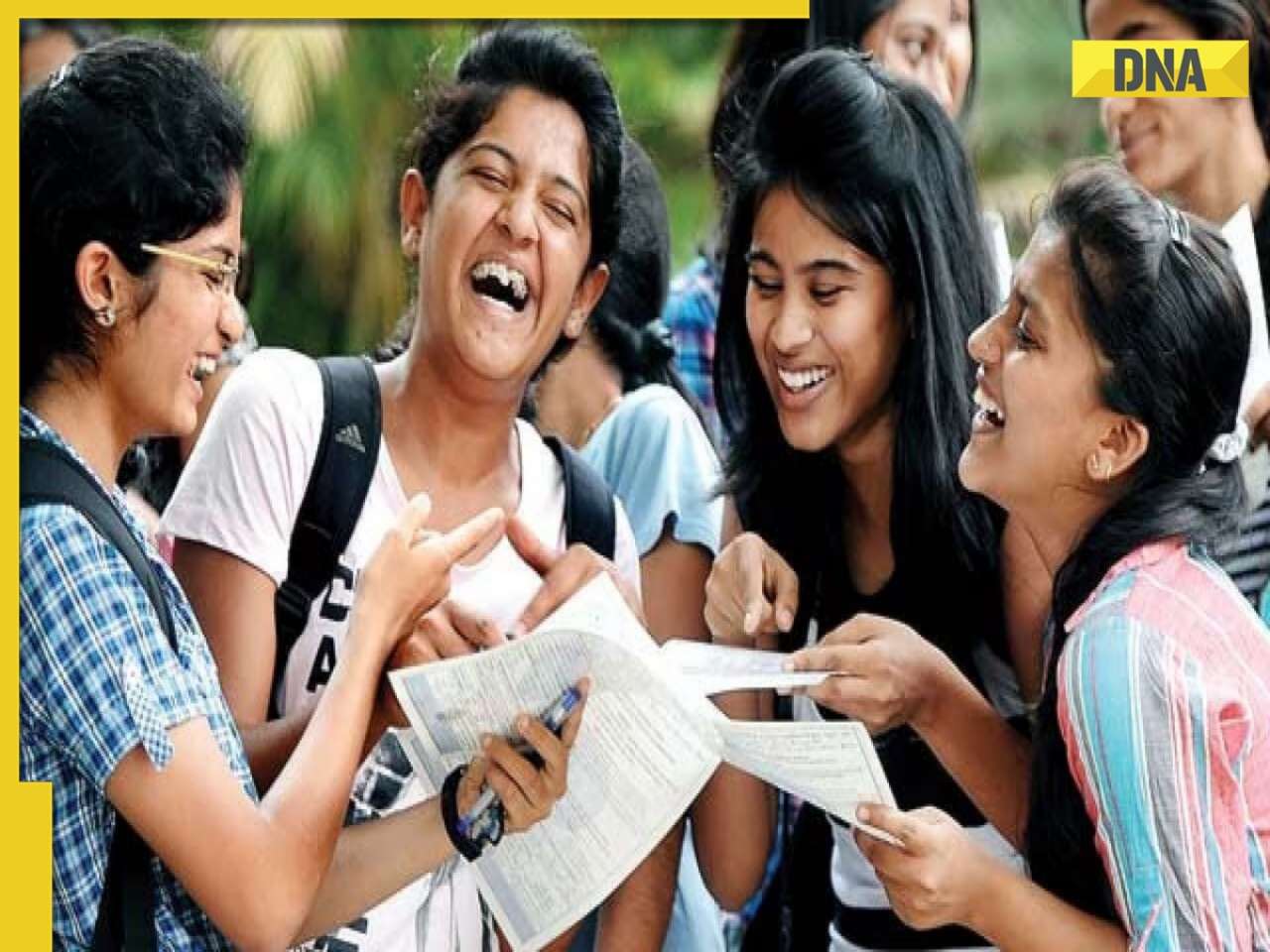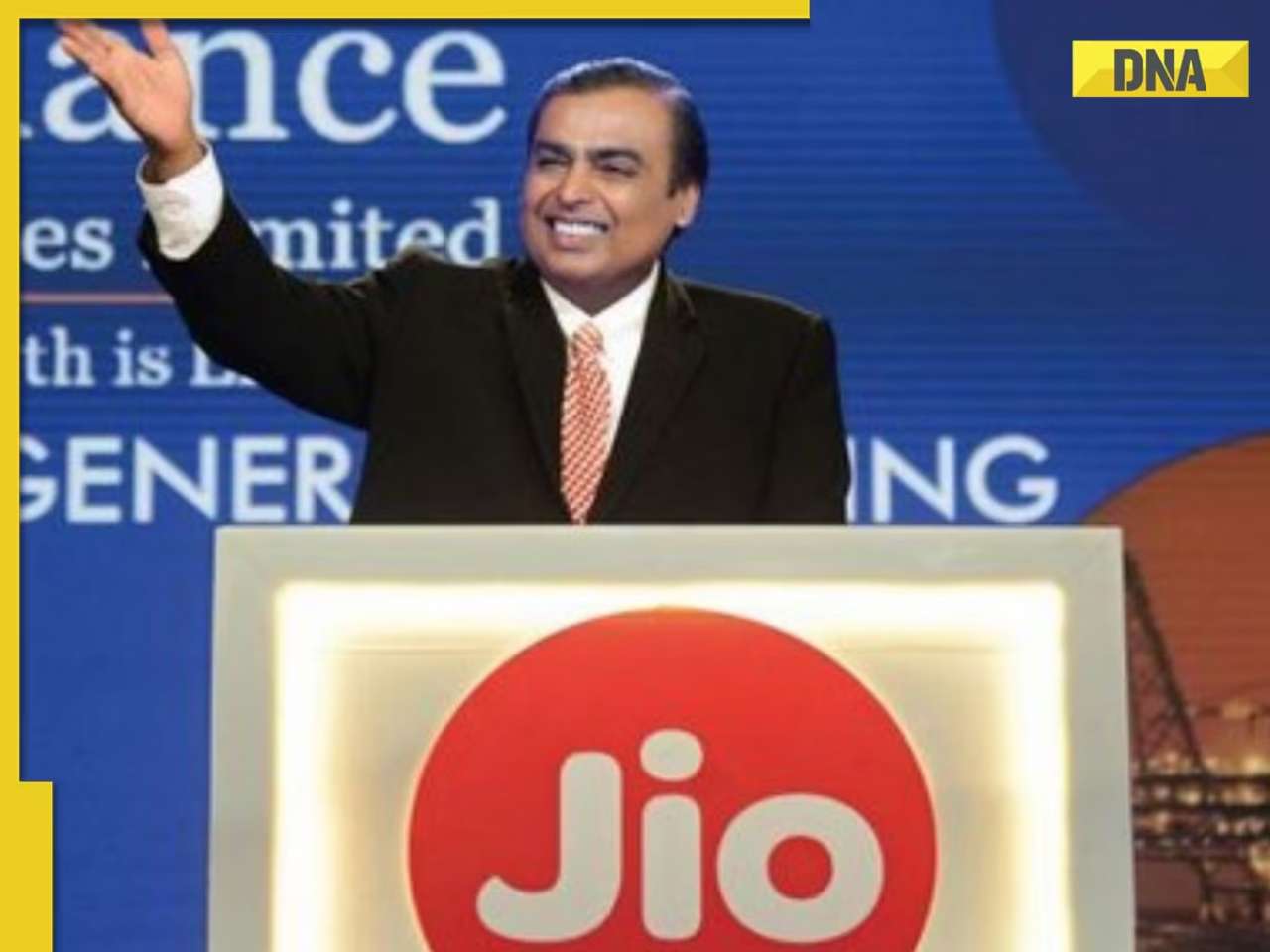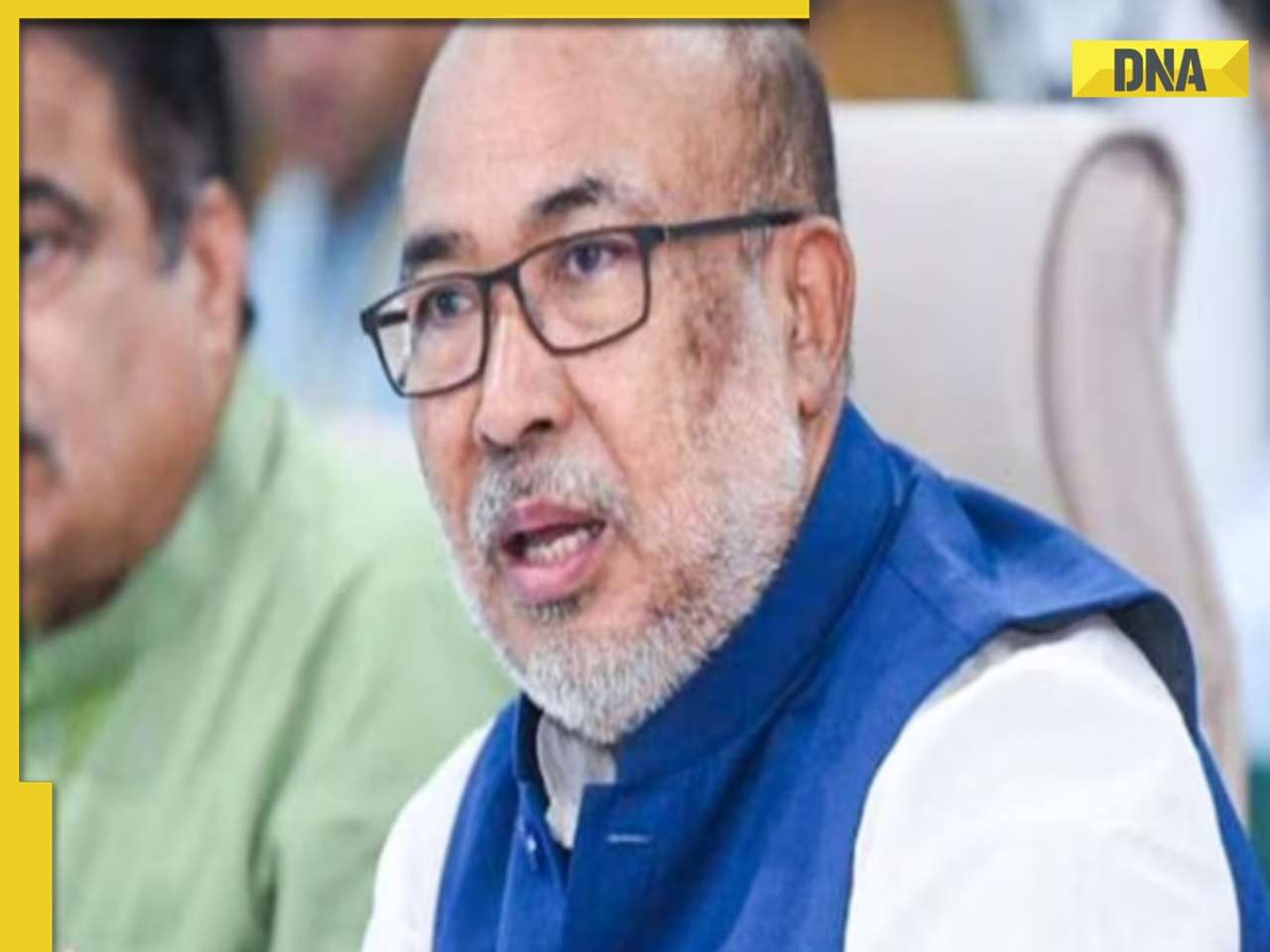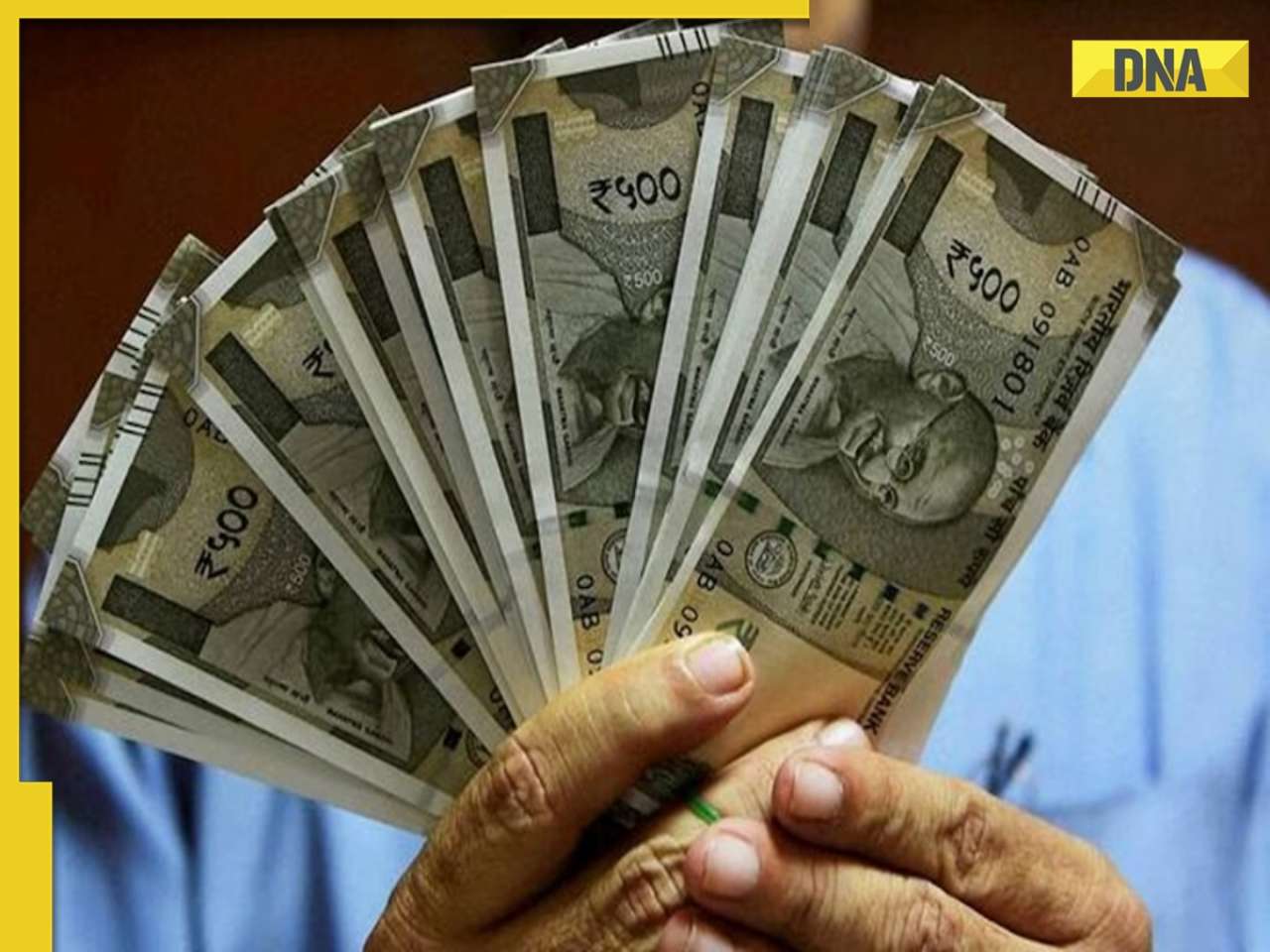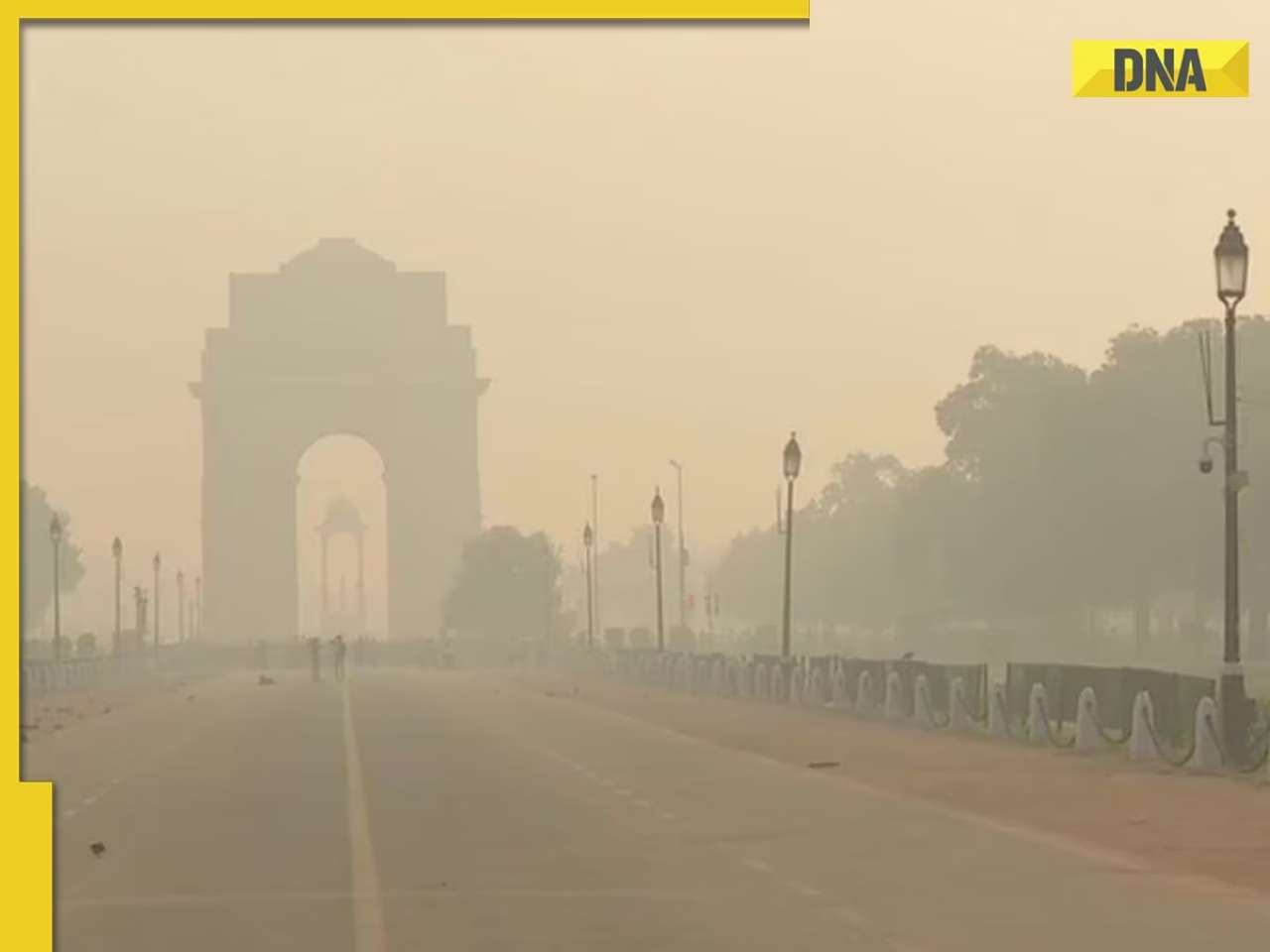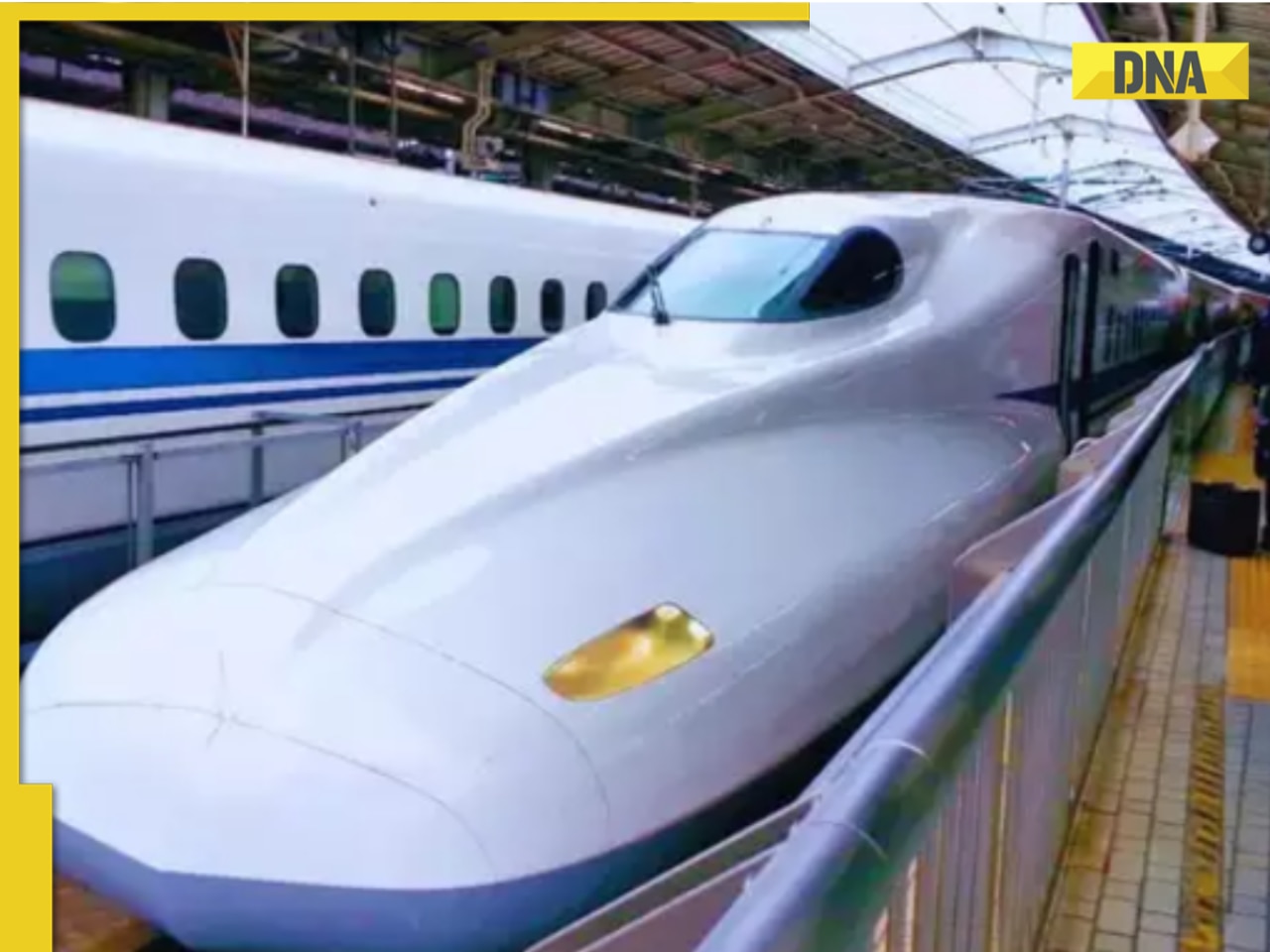- LATEST
- WEBSTORY
- TRENDING
BUSINESS
Cash transfer schemes can be effective in poverty alleviation
Problems of the poor get the best attention of politicians during an election season.
TRENDING NOW
Problems of the poor get the best attention of politicians during an election season. They think innovatively and seek to offer more attractive solutions for tackling poverty compared with their opponents.
The outcome of one such exercise of the Telugu Desham Party, which wants to regain the power it lost in 2004 elections, is its scheme of cash transfer to directly attack poverty. The scheme, though being offered by a local Party in Andhra Pradesh, has the potential to create a similar demand all over the country.
The scheme envisages direct monthly payment of Rs 2,000 to the poorest of the poor, Rs 1,500 to the poor and Rs 1,000 to middle class families. The cash will be electronically transferred to the beneficiary’s account in a nationalised bank, opened with the facilitation of the government. The female member will draw the money through an electronic cash card or automated teller machine.
Leakages in existing schemes
The reasons for mooting an alternative scheme like direct cash transfer (DCT) or conditional cash transfer (CCT) include the failure of the existing myriad schemes of poverty alleviation or targeted poverty reduction programmes (TPRPs) with ‘top-down’ approach and the many leakages in their implementation whereby the benefits did not reach the targeted people to the full extent.
Faulty implementation has resulted in inefficient functioning of the programme, leading to diversion of benefits by intermediaries, exclusion of the most vulnerable and appropriation by the ineligible groups.
It is estimated that the subsidies on food, fuel and fertilisers aggregate to Rs 200,000 crore, but only a fraction of it actually benefits the poor people. The leakages are so heavy in certain schemes, such as the public distribution system, that as per one estimate only 11% of the amount spent actually reaches the poor.
Although there have been some schemes of DCT in India since the 1960s, like the old age pensions, they are not in the form now being contemplated, influenced by the ones in practice in many countries across the globe, particularly in Latin America.
Some 30 countries are experimenting with one or the other form CCTs. For instance, the programme called ‘Progresa’ (later renamed as Oportunidades) was introduced in Mexico as early as in 1997. Brazil introduced the programmes ‘Bolsa Escola’ in 1995 and ‘Bolsa Familia’ in 2003. Similarly, many other countries like Honduras, Nicaragua, Ecuador, Dominican Republic, Panama, Peru and Jamaica have their own programmes.
Some Asian countries like Bangladesh and Philippines too have recently introduced CCT programmes of their own.
A CCT known as ‘Opportunity NYC’, funded by the Rockefeller Foundation was launched in New York city in April 2007, indicating such programmes have been introduced in the developed nations too.
Benefits from CCT
Under the CCT scheme implemented in most of the countries, money is directly provided to the poor families after entering into a “social contract” with the beneficiaries —- for example, the cash is paid on the condition that the beneficiary should send the children to school regularly or bring them to health centres. The cash provided is expected to bring in emergency assistance to the poor while the conditions promote longer-term investments in human capital, in terms of increased health and education. The cash is generally paid to the female member of the family.
The burden of the scheme on the exchequer is also not heavy when compared with the benefits accrued to the society. The CCT scheme of Brazil, for example, which is treated as the largest single anti-poverty scheme in the world, covers 11 million, a quarter of the country’s population, and yet it involves an outlay only equal to 0.8% of the GDP. Similar is the experience in Mexico where, too, 25% of the people are covered under the scheme.
The administrative costs under the scheme are also not much. In Mexico, for instance, though $1.34 was spent for providing one dollar during the initial year, it has now come down to 5 cents after putting the necessary infrastructure in place.
Impressed with this success of CCTs, the World Bank has decided to lend $2.4 billion in 2009 to support CCT operations in 13 countries. The Bank, in its recent review at Washington, found the scheme to be addressing multiple objectives of health, education and nutrition. It was also found that the scheme’s administrative costs are relatively low; it can better target the poor than the other schemes; it empowers the women; gives freedom to the families to prioritise their expenditure; and has a positive impact on the overall welfare of the poor.
Opportunity in recession time
More importantly, it helps to boost the demand for goods and services to encourage higher output and employment. This is seen as greatly advantageous by governments all over the world to bring the economies out of recessionary spiral while helping the poor to cope with the situation. In fact, it is claimed in countries like Brazil that CCT could insulate the poor from the ongoing world economic crisis.
In India too, the subject of CCT is widely being debated. The Planning Commission constituted a working group in December 2008 to consider the introduction of CCT in India. It has also earmarked Rs 9,000 crore under XI plan for CCT, mainly in the area of maternity and child benefits. However, CCT cannot be treated as a panacea for all ills; the scheme is not without criticism. Doling out cash without providing employment opportunities is feared to lead to a situation of eternal dependence of the poor for external support and transferring of poverty from one generation to other generation.
Therefore, the question that naturally arises is how long the scheme, if introduced, should be implemented? In any case, it needs to be time-bound; it cannot be an open-ended scheme with provision to continually give direct cash support. This presupposes a strategy to generate employment, rather giving work to the people together with cash support.
There is nothing wrong with it; rather it is warranted, to immediately provide minimum necessities of life to all the people. And CCT is perhaps the best mode for it. But that should be arranged in conjunction with an integrated approach to involve the human resources in the economic production.
Similarly, the main conditions seen worldwide are sending the children to school and to ensure their health. But without putting an effective education and health infrastructure in place, it serves no purpose to force the poor to take the children to schools and health centres. No, special mention needs to be made here on the poor quality of education in government schools and the pathetic conditions at government hospitals as well as inadequate medical facilities in India.
In the background, it is imperative to implement the CCT in conjunction with a comprehensive plan to create sustainable livelihoods to the people. Rather, engaging people in productive employment should be a precondition; the scheme should form part of an integrated strategy for overall economic development of the people. It cannot by itself work as an effective tool if implemented in isolation of such long-term strategy.

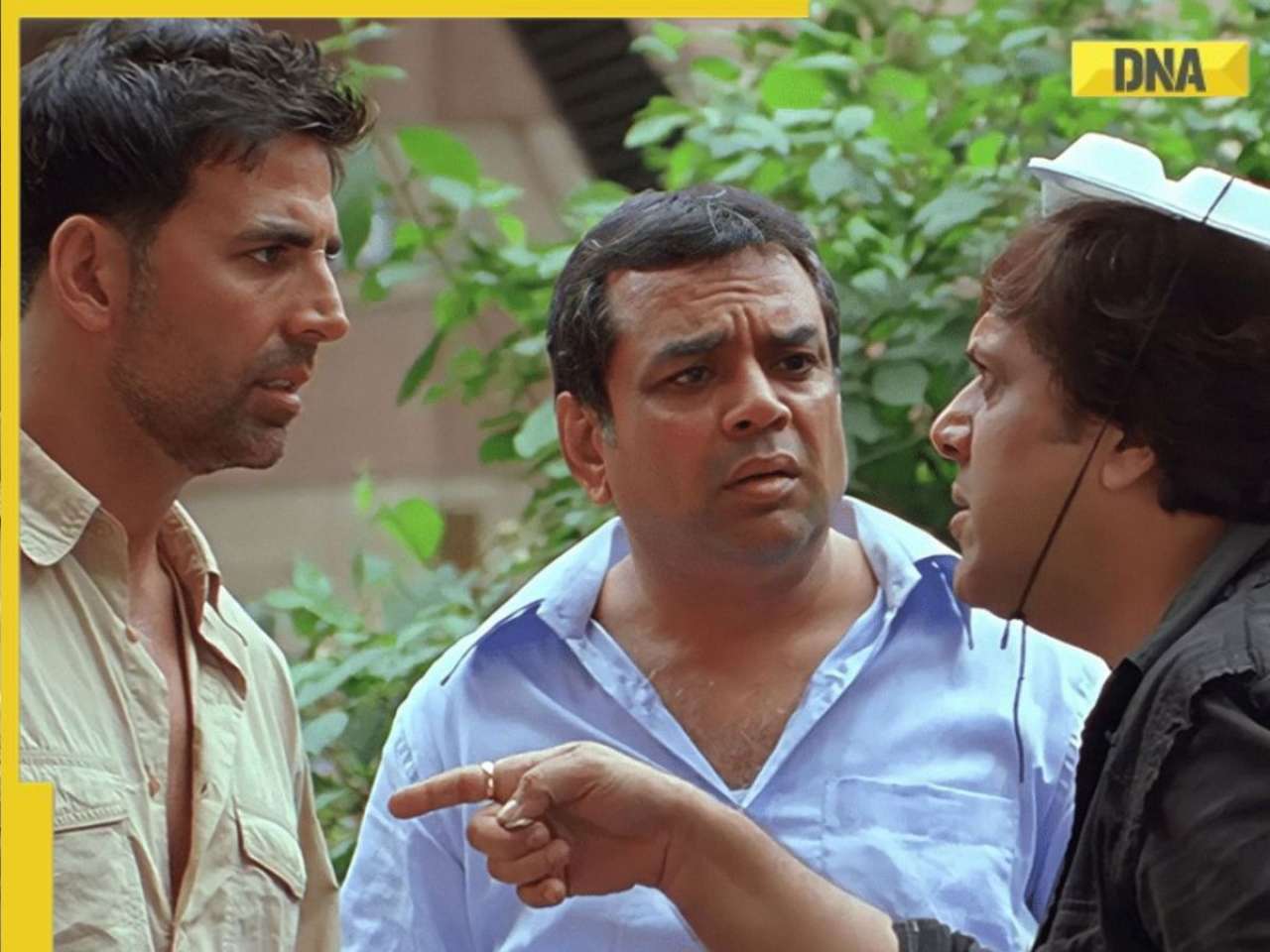






)
)
)
)
)
)
)
)
)
)
)
)
)
)
)






